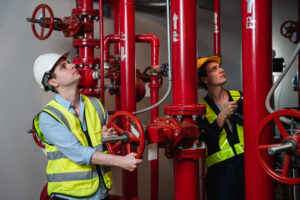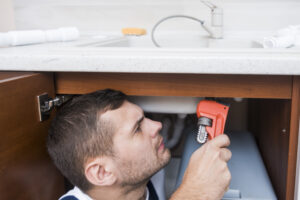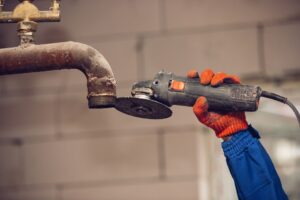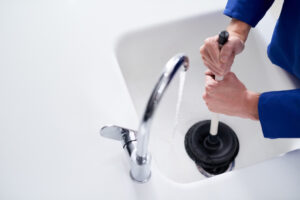What’s the difference between Residential VS Commercial Plumbing
The plumbing system is the lifeblood of any building. It is an intricate collection of pipes, valves, and fittings with one responsibility, to move water from its source, such as a reservoir or a spring, where you need it most!
The world of plumbing can seem like a straightforward system at first glance, with the two common types being residential and commercial. But in reality, there are key differences between them that will help you understand which type is suited for your needs.
What are the key differences between the two? Let’s take a closer look!





